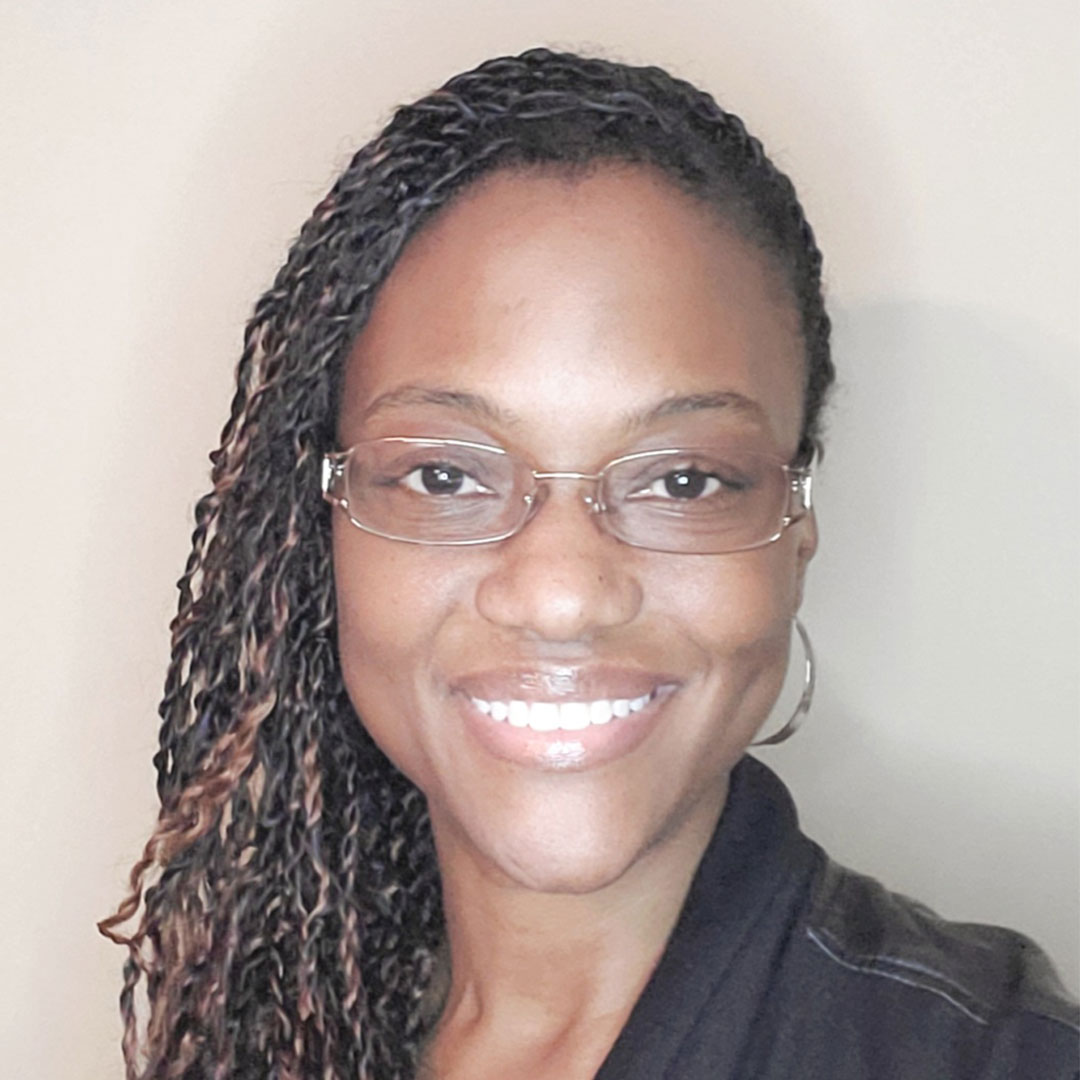Table of Contents
Gen Zers are on track to be the most diverse generation in history. And, at approximately 60 million, native-born American members of Gen Z outnumber millennials by nearly one million. This means diversity in healthcare providers for college students is more important than ever.
A more diverse college student population
Nearly half of 6 to 21-year-old Gen Zers are traditionally underrepresented or ethnic minorities, compared with 39% of Millennials in that age bracket in 2002, and more than double the percentage of early Baby Boomers in 1968. One in four Gen Zers is Hispanic and Latino — significantly higher than the Hispanic and Latino share of Millennials in 2002. The percentage of Asians is up from 4% to 6%, while 14% of the group are Black.
Gen Z students are also on track to become the most educated generation. They have higher high school graduation rates and lower dropout rates than those who came before. In 2018, 57% of 18 to 21-year olds were in college, compared with 52% of Millennials, and 43% of Gen Xers at similar ages.
As for Gen Z’s well-being, mental illness is a true struggle. One report found that 91% of Gen Z said they have experienced physical or emotional symptoms due to stress. And TimelyCare’s research shows that demand for mental health services continues to grow.
How a lack of healthcare provider diversity can affect higher education
When students can’t find primary care health providers who resemble them, their beliefs, and their culture, it can prevent them from achieving health equity and getting the health outcomes and care they need. But how does that manifest on college and university campuses? Consider these two examples.
Lack of healthcare representation for Black students
Over 13% of the U.S. population identify as Black or African American. Of those, more than 17% reported having a mental illness in the past year. That’s over 7.8 million people. And yet, only 5% of physicians and 13% of Licensed Professional Counselors are Black.
In higher education, studies by the Journal of Adolescent Health show 40% of Black college students requested campus health services. But the national trends of representation persist on campus, with only 11.7% of staff working at college counseling centers are Black. Research shows that Black patients have better results when they are treated by Black medical students and public health workers.
And because there is a direct correlation between health and wealth, representation in healthcare leads to better health and fewer medical bills. In other words, more Black doctors mean more Black lives are saved — and the racial wealth gap shrinks.
A culture gap for AAPI students seeking care
Since 2000, Asian American and Pacific Islander (AAPI) college student enrollment increased 36%, with AAPI students comprising nearly 20% of college students at four-year institutions and 14% of students at two-year institutions. While the AAPI population continues to grow on college campuses across America, research shows that they have the lowest help-seeking rate of any of the ethnic groups, with only 2 out of 10 with mental illness receiving treatment.
The cause of this gap is varied and complex, but one significant factor is the disparity between the high need and poor availability of linguistically and culturally appropriate mental health service providers. Having a more diverse health care provider network can help AAPI students feel supported and seek care they may not have otherwise, resulting in students having improved mental health and well-being.
The impact of lack of diversity on students
The negative risks attributed to the lack of diversity are clear. Whether it is the result of a language barrier, differences in philosophy, cultural differences, or cultural bias, lack of diversity can lead to communication breakdown, and can be especially damaging when it comes to healthcare. When students cannot fully communicate or express their needs, dangerous mistakes can potentially happen.
Lack of diversity can also lead to limited perspective when providing students from diverse backgrounds with physical and mental support. It stunts innovation and creative thinking that could lead to a more effective treatment plan. More importantly, it impedes observations that may affect a student’s health and well-being.
Positive mentorship plays a critical role in the health and well-being of students. Diverse populations of students need the support of faculty and staff to guide them. A lack of diversity can make it difficult for minority students and those from underserved communities to find mentors with whom they identify and from whom they can learn. In turn, this can thwart their academic and social success and ultimately their professional growth, potentially affecting mental, or even physical, health.
Bias on a college campus can also play a role in the health and well-being of college students. Of course, bias does not always have to be explicitly expressed within higher education for it to become a problem. Bias can also impact decisions made for students when it is embedded in the policies and procedures of a college or university. This is referred to as implicit bias. Greater diversity can help stop the destructive effects of implicit bias.
Support students with a diverse provider network
The benefits of diverse healthcare providers for students
Diversity in healthcare has many measurable benefits for students. Some key advantages of a diverse health workforce referenced by The Association of American Medical Colleges (AAMC) include:
1. Improved communication
Not only may some students be able to more effectively communicate with providers who speak their language, but they might also receive better care due to better provider understanding of culture, experiences, and ethnic backgrounds. Additionally, students with limited English proficiency experience higher rates of medical errors and worse clinical outcomes.
2. Increased patient trust
Students of color may be more likely to seek out care. A Stanford University study found that Black male patients who were treated by Black doctors were more likely to seek preventative services than those who were treated by non-Black doctors. A diverse group of providers that students can choose from for care enables students to select the right provider for them.
3. Reduced health disparities
4. Boosted creativity and innovation
5. Enhanced understanding of value sets
How to expand ethnic diversity in your healthcare provider group
This generation of college students is increasingly diverse, representing identities, ethnicities, and experiences that may differ from existing campus support staff. While higher education leaders acknowledge the need to increase the population of staff and faculty of diverse identities, the challenge is a significant one. But virtual care partners provide an efficient and cost-effective solution.
By partnering with a virtual care provider like TimelyCare, campus healthcare resources extend beyond the physical counseling or medical center. Services can scale to handle demand, while the network of providers that students can choose from also grows. This in-the-moment care for students can help improve student engagement and retention through increased health and well-being.
To support colleges and universities that are expanding their access to full-time medical and mental health providers, TimelyCare takes a strategic approach to hire providers that represent the diverse identities and needs of your student body. As a company, TimelyCare values, respects, supports, and honors the unique identities and characteristics of each member of our community of employees, partners, campuses, and students. And students seeking care through TimelyCare are able to select a provider based on identity and specialty.
If your campus is seeking ways to increase diversity in physical and mental health providers for students, TimelyCare can partner with your campus to fulfill that need in a way that scales and meets the needs of your institution.
Contact TimelyCare to learn more about how a more diverse provider network can positively impact student health outcomes for your college or university.






